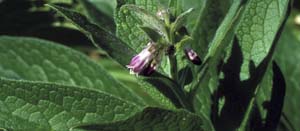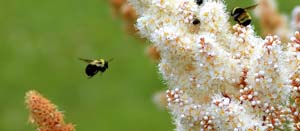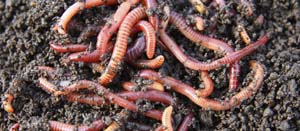SEARCH RESULTS > ARTICLES > Health
Crop rotation is a beneficial practice in gardening for several reasons. Learn More
Pruning garden plants is an essential horticultural practice that helps maintain the health and appearance of your plants. The specific method and timing of pruning can vary depending on the type of plant you're dealing with, but here are some general guidelines for pruning garden plants. Learn More
Creating well-draining soil in your garden is essential for the health of your plants, as it allows excess water to move away from the root zone, preventing waterlogged soil. Here are steps to achieve well-draining soil. Learn More
Regulating the pH in your garden using organic methods is a sustainable and environmentally friendly way to ensure healthy plant growth. Here are several organic methods to adjust and maintain the pH in your garden: Learn More
Companion planting is a gardening practice where you strategically plant different types of crops near each other to take advantage of the potential benefits they can offer each other. This can include improving growth, deterring pests, enhancing flavor, and maximizing space. Here's why and how you can use companion planting in your garden. Learn More
Pollinators are incredibly important in a garden for several reasons. Learn More
The microbiome in your garden soil refers to the diverse community of microorganisms that inhabit the soil. These microorganisms play a crucial role in maintaining soil health, nutrient cycling, and plant growth. The soil microbiome consists of various organisms, including bacteria, fungi, archaea, viruses, and microfauna (such as nematodes and protozoa). Here are some key points about the microbiome in garden soil. Learn More
Worms in your garden provide several benefits, making them valuable allies for gardeners and the overall ecosystem. Here are some of the advantages of having worms in your garden. Learn More







